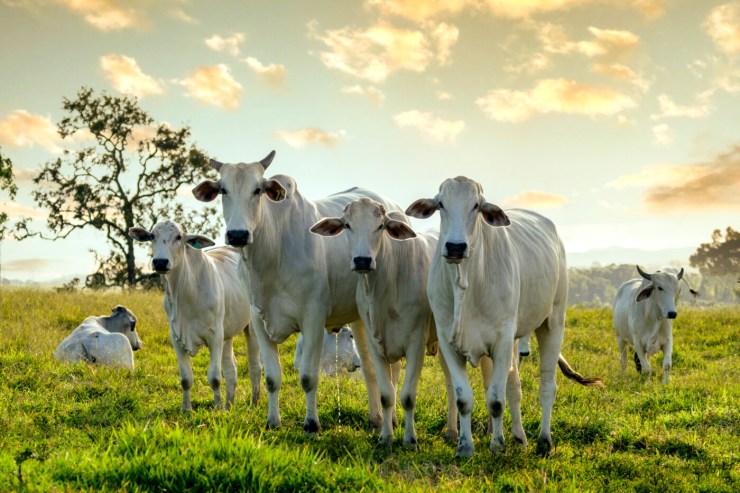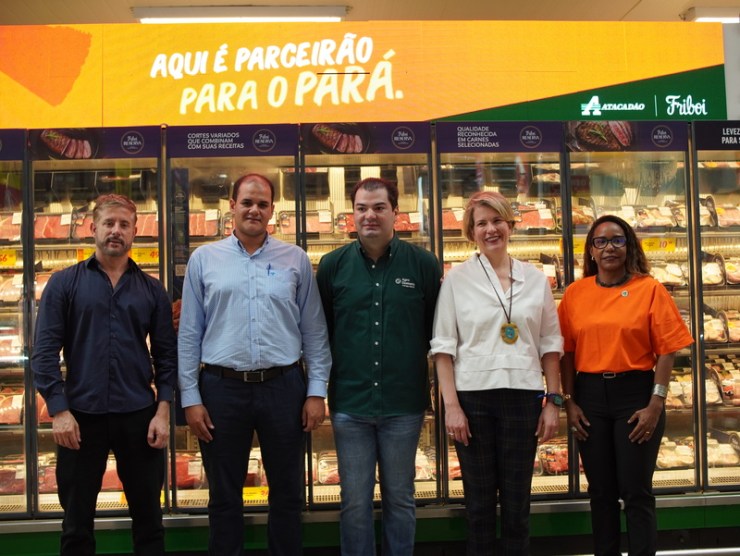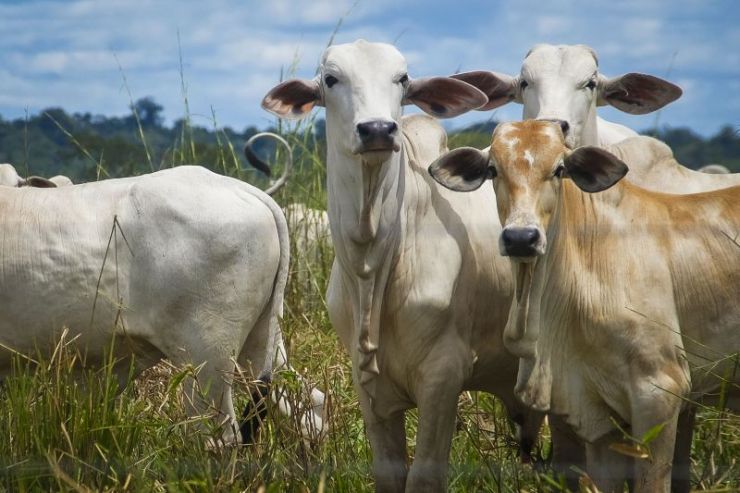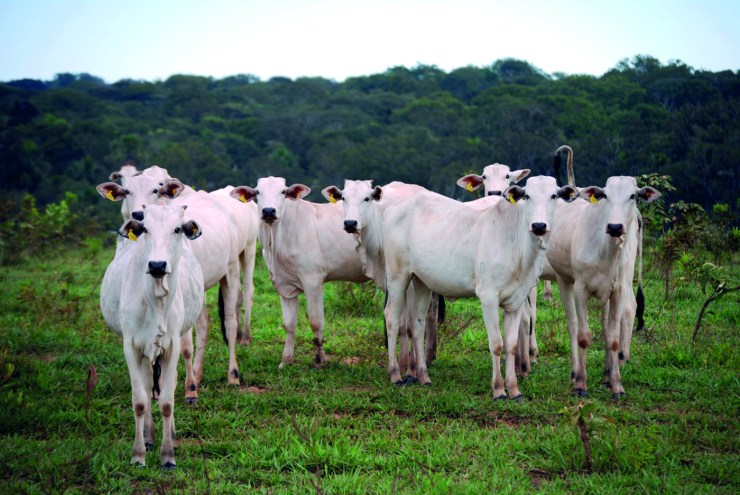The Young Artisanal Fishing Scientist Program, which enables traditional fishing youth to conduct research on topics related to fishing activities, their communities and territories, has extended the deadline for submitting proposals in the state of Pará until March 14, 2025. Carried out in partnership with the National Secretariat for Artisanal Fishing (SNPA) of the Ministry of Fisheries and Aquaculture (MPA) and the Amazon Foundation for Support of Studies and Research (Fapespa), the Program will include 25 projects with Junior Scientific Initiation (ICJ) scholarships.

Photo: Bruno Rezende
According to the notice, Published in Call No. 001/2025 on January 21, 2025, the Program in Pará has a resource of R$610,000 and seeks to benefit approximately 100 high school students from the public school system. To be a proponent, the teacher must be a researcher or professor with a permanent employment relationship in a public or private non-profit Scientific, Technological and Innovation Institution (ICT) and have a master's or doctorate degree. The scholarship student must be enrolled in high school in a public school in Pará and be a fisherman or have a relative in a direct line, collateral line or guardian, with a Professional Fisherman Registration (RGP). If the young person already has an RGP or a protocol for requesting this document, the minimum period is 6 months.
The program is already yielding positive results in the lives of young people in other regions of Brazil. According to Gleibison da Silva Gomes dos Santos, a scholarship holder from the state of Pernambuco, resident of Ipojuca and student at the José Mário Alves da Silva School, the initiative helped him see the reality of fishermen's lives in a different way. “I saw myself in a different way. The project is bringing me more knowledge,” he says.
In addition to contributing to reducing school dropout rates, the Young Artisanal Fishing Scientist values the search for social identity and the preservation of the material and immaterial culture of fishing communities. “I didn’t see myself as a fisherman, I was very ashamed of what people might think, because it’s an invisible job. I didn’t see that it’s a dignified, honest and important job too,” he reveals.
According to the coordinator of Fishing Territories and Public Policy Integration at the MPA, Suana Medeiros Silva, the Program promotes dialogue between local traditional knowledge and scientific and academic knowledge. “It encourages innovation and debate on various thematic axes involving artisanal fishing. This allows young people to deepen their knowledge in their communities and enables formal educational institutions to get closer to the realities in which they are inserted,” she points out.
Stay in the loop

Photo: Disclosure/FAO
An integral part of the Artisanal Fishing Peoples Program, the Young Artisanal Fishing Scientist initiative was created by Federal Decree No. 11,626 of August 2, 2023 and encompasses a series of interconnected actions, including fishing extension, production chain, training, gender, culture, food security, education, climate justice, community-based tourism and combating environmental racism.
In partnership with several ministries and their secretariats, state and municipal governments, as well as sociopolitical organizations linked to artisanal fishing, the Program connects scholarship holders to research projects submitted either by teachers from the State's basic education network or by teachers from Higher Education Institutions (IES), depending on the rules stipulated in the Notices of each State Research Support Foundation (FAPs).




